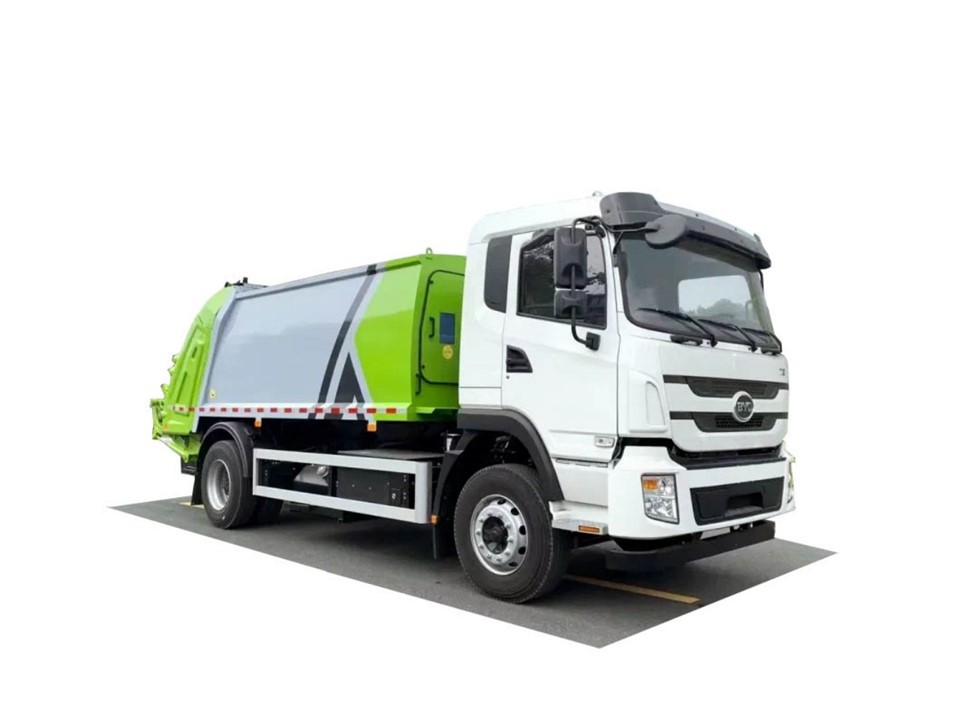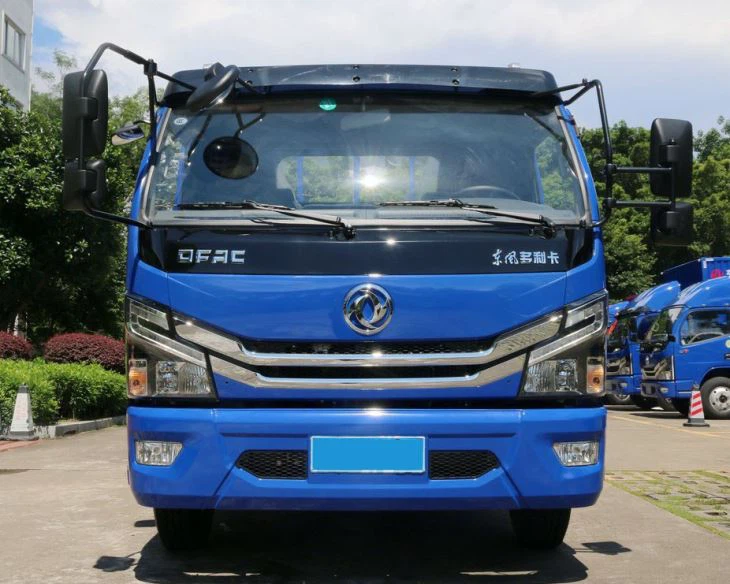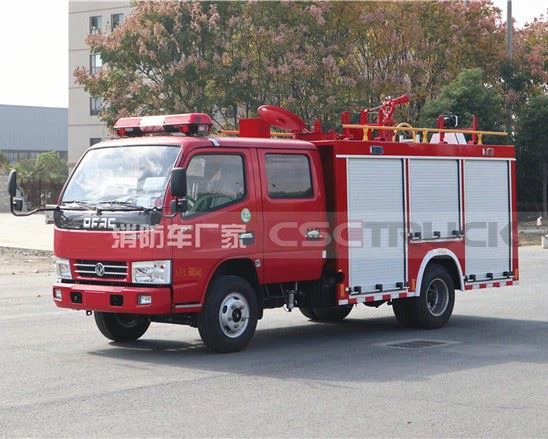Exploring Your Options: Trash Trucks for Sale

Introduction
As municipalities and businesses increasingly focus on sustainable waste management, the demand for trash trucks is on the rise. Whether you’re a waste management company, acquiring vehicles for municipal use, or starting a new business in refuse collection, finding the right trash truck is essential. In this comprehensive guide, we will explore the various types of trash trucks available, factors to consider during the purchase, tips for negotiating a sale, and much more. This information will empower you to make an informed decision when searching for trash trucks for sale.
Understanding the Types of Trash Trucks
1. Front-Loader Trash Trucks
Front-loader trucks are designed for commercial waste collection. They have large front lifting mechanisms allowing them to pick up and empty dumpsters quickly. This makes them ideal for businesses with high-volume waste needs.
Uses of Front-Loader Trash Trucks
- Commercial businesses
- Large apartment complexes
- Industrial sites
2. Rear-Loader Trash Trucks
Rear-loader trucks are the most common type for residential waste collection. They feature a large hopper at the back, allowing waste to be loaded from the rear. These trucks often utilize a manual or semi-automated system to collect garbage bins.
Benefits of Rear-Loader Trash Trucks
- Cost-effective for residential collection
- Highly maneuverable in tight spaces
- Familiar design for operators

3. Side-Loader Trash Trucks
Side-loaders are primarily used in residential areas. They allow operators to collect waste from the side of the truck, which reduces the need for labor. This type of truck is particularly effective for automated collection systems.
Advantages of Side-Loader Trash Trucks
- Increased efficiency with automated systems
- Less strain on operators
- Ideal for communities focused on reducing labor costs
4. Recycling Trucks
Recycling trucks are designed specifically for transporting recyclable materials. They often feature separate compartments to keep different types of recyclables separated during transport.
Purpose of Recycling Trucks
- Facilitate the recycling process
- Support environmentally responsible waste management practices
Key Factors to Consider When Buying Trash Trucks
1. Size and Capacity
The size of the truck is a primary factor. Consider your specific needs—whether you’re transporting waste from small residential areas or large industrial sites. Larger trucks tend to have higher capacities but may not be suitable for all environments.
2. Fuel Efficiency

Fuel efficiency has become a major factor in the decision to purchase a trash truck. With rising fuel costs, selecting trucks with good mileage can significantly reduce operational expenses over time.
3. Maintenance and Parts Availability
Ensure the truck you choose has readily available parts and is easy to maintain. Trucks with a widespread reputation often have parts that are easier to find, reducing downtime and repair costs.
4. Price and Financing Options
Set a budget before you start browsing. Trash trucks can range greatly in price. Consider exploring different financing options, including leasing, loans, or government grants.
Where to Buy Trash Trucks
1. Dealerships
Reputable dealerships often have a variety of new and used trucks available. They provide a warranty on their vehicles and offer financing options.
2. Auctions
Auctions can be a great place to find trash trucks at lower prices. However, it’s crucial to do your research and inspect vehicles beforehand.
3. Online Marketplaces
Websites dedicated to vehicle sales, such as eBay or specialized truck sales websites, can offer a wide array of options. Always check the seller’s ratings and reviews for reliability.
New vs. Used Trash Trucks
Benefits of Buying New Trash Trucks
- Latest technology and fuel efficiency
- Manufacturer warranties
- Customizable to specific needs
Benefits of Buying Used Trash Trucks
- Lower purchase price
- Immediate availability
- Less initial depreciation
Negotiating the Sale
1. Research Market Prices
Understanding the market price for similar trucks can empower you during negotiations. Websites like Kelley Blue Book and TruckBlueBook can provide insights into fair pricing.
2. Inspect the Truck
Always conduct a thorough inspection or even hire a mechanic to check the vehicle’s condition before making a purchase. Look for signs of wear and tear, rust, and malfunctioning parts.
3. Be Prepared to Walk Away
If the deal does not meet your expectations, don’t hesitate to walk away. This tactic can sometimes bring the seller back to the negotiating table with a better offer.
Operational Tips for Trash Trucks
1. Regular Maintenance
A detailed maintenance schedule can extend the life of your trash truck. Regular oil changes, tire checks, and brake inspections are essential.
2. Training for Operators
Investing in operator training can help prevent accidents and improve efficiency. Ensure that all drivers understand the specific operational features of each truck.
3. Monitor Routes
Utilizing route optimization software can enhance fuel efficiency and reduce operational costs. Streamlining collection routes can also lead to faster service delivery.
Cost-Benefit Analysis of Trash Trucks
When considering various trash trucks for sale, conducting a cost-benefit analysis can help you understand which option provides the best value. Below is a simplified table that outlines this aspect.
| Type of Truck | Average Price | Fuel Efficiency (MPG) | Estimated Lifespan (Years) | Typical Maintenance Cost (Yearly) |
|---|---|---|---|---|
| Front-Loader | $150,000 | 6 | 10 | $7,000 |
| Rear-Loader | $120,000 | 8 | 12 | $5,000 |
| Side-Loader | $130,000 | 7 | 10 | $6,000 |
| Recycling Truck | $140,000 | 9 | 12 | $4,500 |
FAQs on Trash Trucks for Sale
1. What are the average prices for trash trucks?
Prices for trash trucks can vary significantly depending on the type and condition. Generally, new trucks range from $120,000 to $150,000, while used trucks can start as low as $20,000.

2. How can I finance a trash truck purchase?
Options include bank loans, leasing agreements, and manufacturer financing. Consider talking to a financial advisor to choose the best option for you.
3. Do I need a special license to operate a trash truck?
Yes, most jurisdictions require a commercial driver’s license (CDL) to operate trash trucks. Be sure to verify local regulations.
4. What maintenance does a trash truck require?
Regular oil changes, brake checks, tire inspections, and maintaining the hydraulic systems are essential for keeping trash trucks in optimal condition.
5. Are there environmentally friendly options for trash trucks?
Yes, many manufacturers now offer electric or hybrid models of trash trucks that reduce emissions and fuel consumption.
6. Can I customize the features of a new trash truck?
Yes, most manufacturers offer customization options such as specific sizes, compaction features, and specialized lifting mechanisms to better suit your needs.
